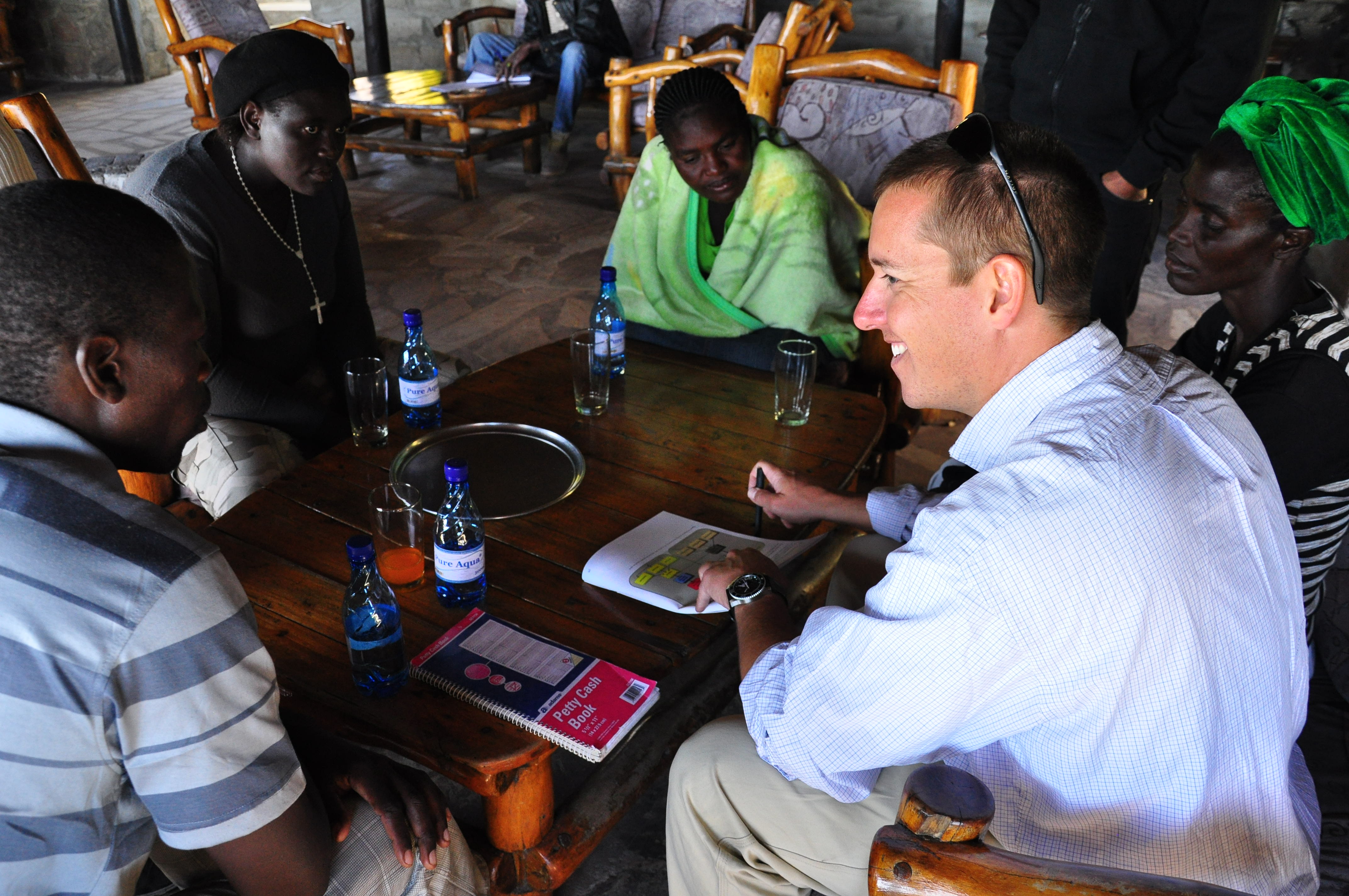The field practicum is the formative development practice experience for MDP students. It provides students with the opportunity to apply inter-disciplinary and cross-cultural problem solving skills outside the classroom in domestic or international contexts with experienced practitioners and teams, representing diverse organizations and institutions, to address important development challenges.

Components of the MDP Field Practicum (click for more information):
Field Practicum Learning Objectives
- Understanding the interconnectedness of diverse sectors such as education, agriculture, environment, health, nutrition, energy, infrastructure, water, gender, and community development. Applying interdisciplinary approaches to address these cross-cutting issues;
- Integrating knowledge on cross-sectoral issues, local insights and community participation into field training projects and activities;
- Participation in a particular activity in the project cycle: from program conceptualization, design, implementation to monitoring and evaluation;
- Collaborating and building relationships with practitioners including government officials, NGOs, communities, donors and project personnel. Working in teams, oftentimes cross-cultural and interdisciplinary in composition;
- Communicating effectively and facilitating meetings with stakeholders utilizing methods such as Action Research, Participatory Rural Appraisal, collaborative planning meetings, visualization and feedback workshops. Students will come to understand the importance and means of cultivating respectful communication with communities and support agencies;
- Identifying promising strategies for policy interventions to advance sustainable development (at the local, national and/ or regional level);
- Applying techniques of self-reflection and inter-personal skills and dynamics to be cognizant of personal attitudes, perceptions and biases.
Criteria for the Field Practicum
- Involve work with a host institution and associated beneficiaries / stakeholders on a defined set of practical activities with specific deliverables;
- Integrate multiple development sectors by crossing more than one of the foundational disciplines of the MDP;
- Involve working with at least one development constituency;
- Present the preliminary results to the stakeholders who take part in the field practicum;
- Spend a minimum duration of 10 weeks in the location(s) where the field practicum is to be carried out.
Field Practicum Requirements
- Pre-planning and research for field practicum and related logistics, such as obtaining appropriate visas and immunizations for international travel if applicable;
- Protocol approved or exempted by UF Institutional Review Board (IRB);
- Implementation of project according to approved proposal, including documentation of modifications made during the field practicum;
- Regular notes and journaling of events, observations and reflections during the field practicum;
- Presentation of results to stakeholders who took part in the field practicum;
- A written or other agreed upon deliverable relating to the plan, which will serve as the MDP Master’s project to be presented and defended during the final semester.
Field Practicum Report
- Project evaluation or consultancy report
- Extension materials for development constituencies
- Funding proposal capitalizing on the results of the field practicum
- Peer reviewed journal article
- Curriculum and materials for a practitioner training course
- Other formats as agreed on by the students supervisory committee, for example, a monitoring and evaluation plan
The post-field process of analysis will be carried out during the Conservation and Development Practicum course (3 credits) in the Fall semester, following the field practicum. In this course students will prepare the first complete draft of their final field practicum reports.
Supervision of Students in the Field
Safety and Health of Students in the Field
Students will take part in an orientation session on how to mitigate diverse risks during the Field Practicum. It is very strongly suggested that students be accompanied at all times by a fellow student or assistant during field work and to carry a list of important contacts and phone numbers to solicit support while in the field.
Unforeseen circumstances preventing the student from carrying out or completing the Field Practicum
In cases where unforeseen problems beyond the student’s control make it impossible to carry out the field practicum or result in only a partial completion of the of the work envisaged, the student’s supervisory committee and the MDP director will evaluate the situation on a case-by-case basis and decide on appropriate measures.
Student Evaluations
Counterpart Evaluations
Apart from informing the adaptive redesign of individual field practicum projects, the evaluations will also serve as a valuable resource to other MDP partner universities that are in the process of creating or restructuring the field component of their programs. Students will understand that they represent UF and the MDP Program while in the field, and the highest standards of professionalism and responsibility should be pursued.
Additional Resources:
- View examples of past field practicum placements and student posters.
- Browse through final practicum reports housed in the UF Institutional Repository: MDP Collection (opens in new tab)
- The MDP Program Blog (opens in new tab) is home to student field reflections, and much more.